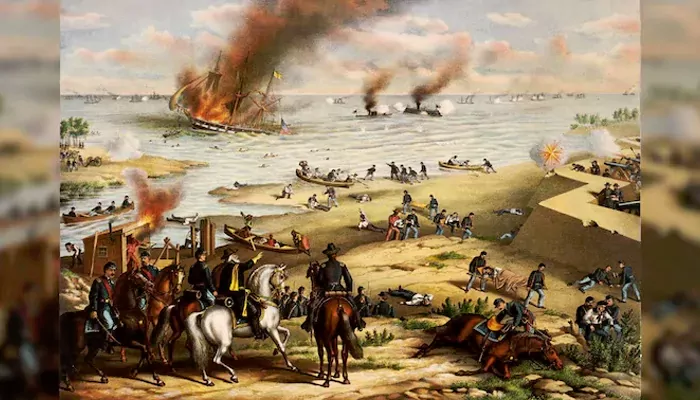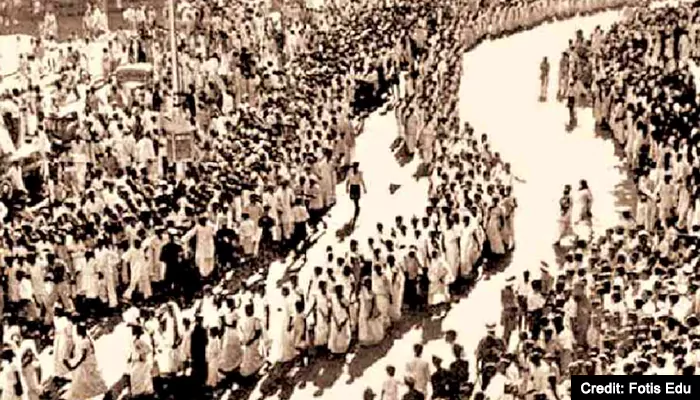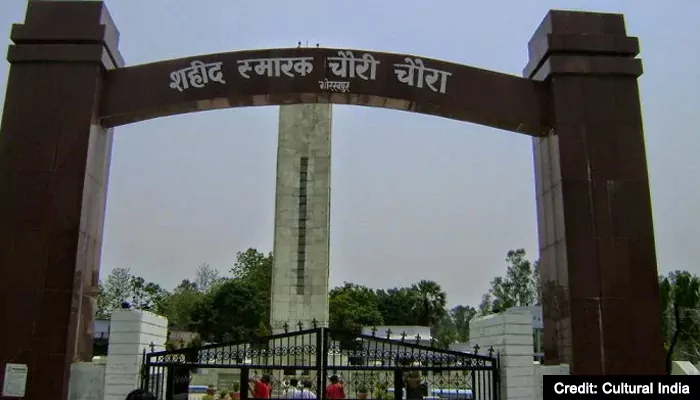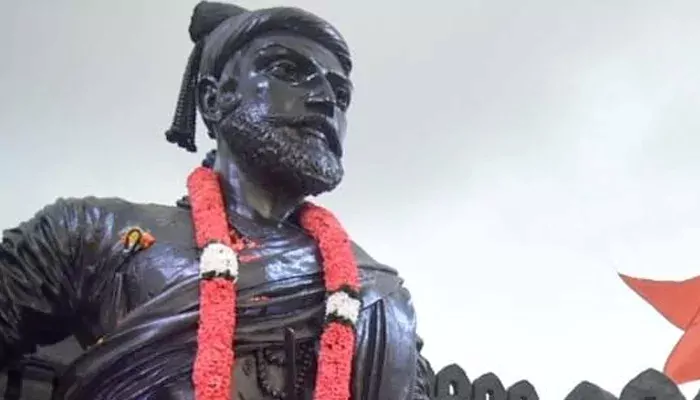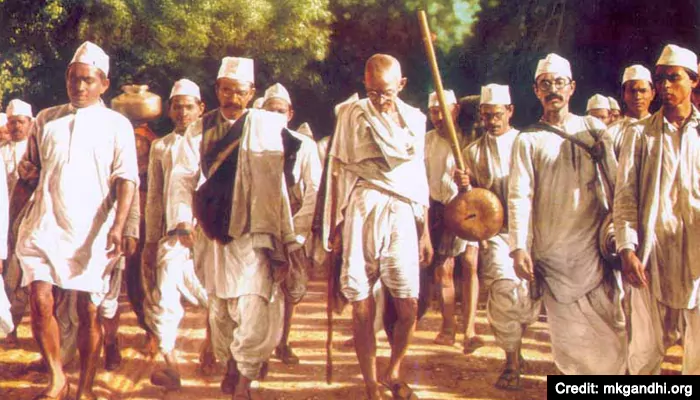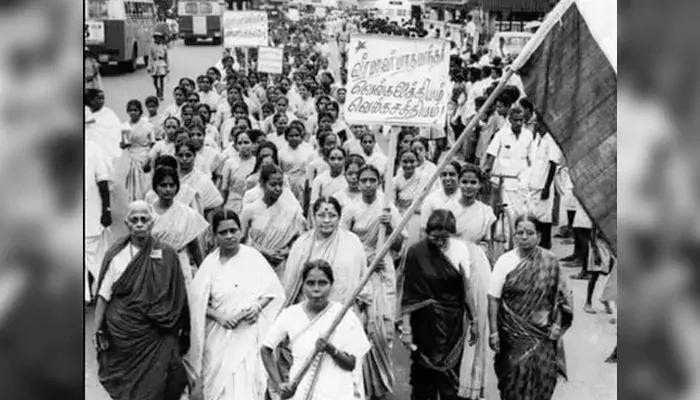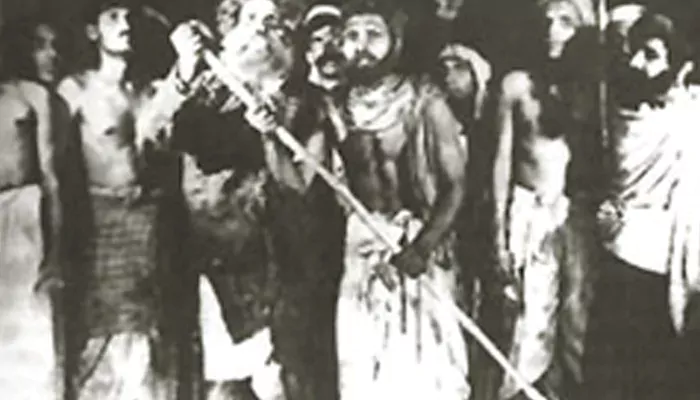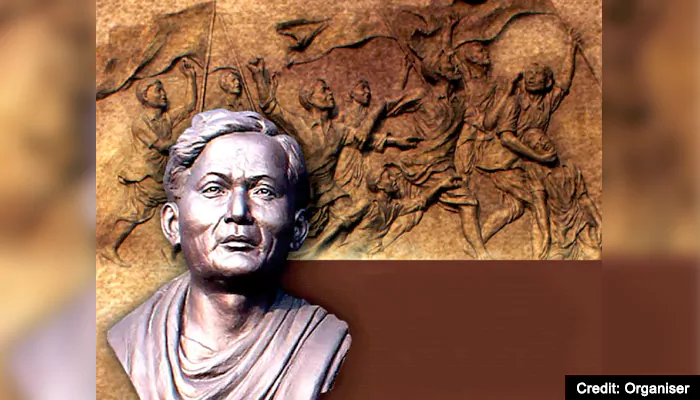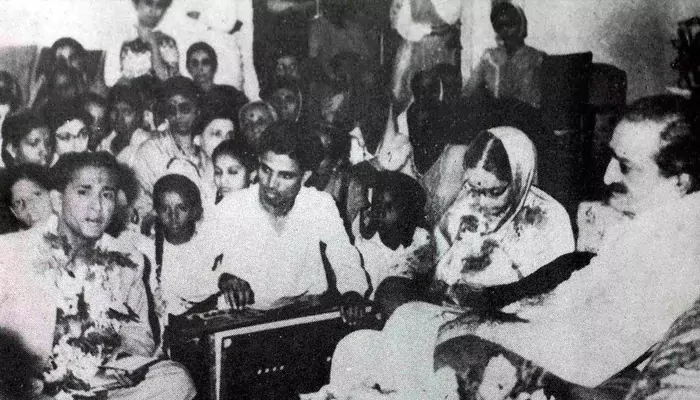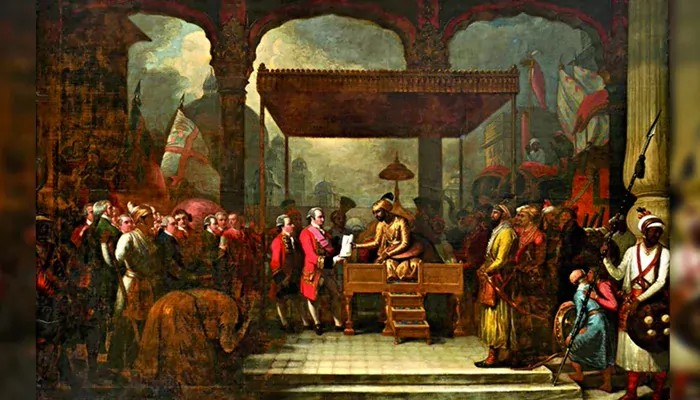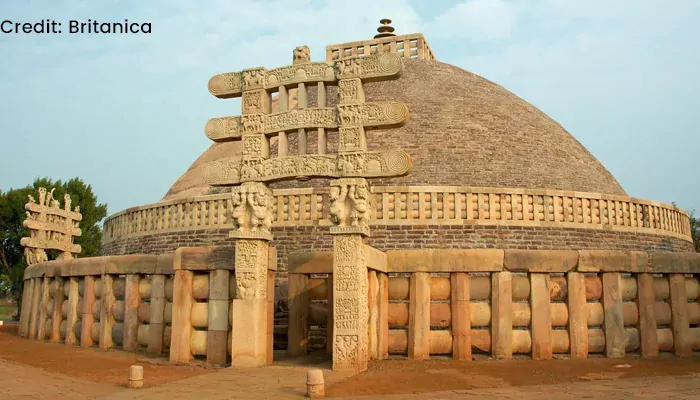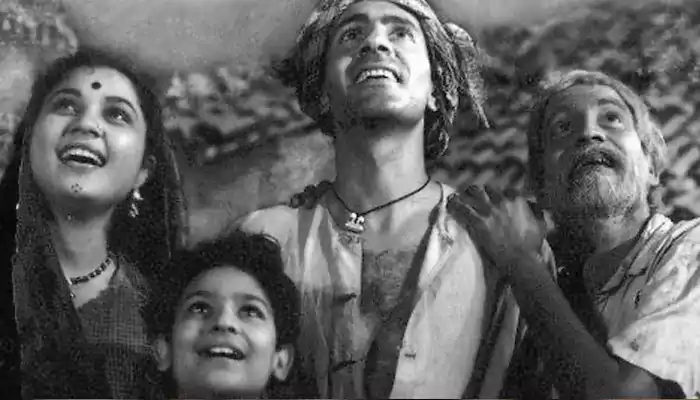The capture of Fort William set the stage for the Battle of Plassey Before the British regime in India, the Mughals had ruled over the subcontinent for nearly 331 years. However, by the mid-18th century, the Mughal rule was on the verge of collapse as several independent kingdoms rose to power, whereas European forces had reached India. The East India Company was one such competing European force that wanted supremacy over the French and Portuguese. Therefore, they targeted Bengal, the richest province in India back then. The Siege of Fort Williams Bengal wasn’t an easy target for the East India Company, given that Bengal’s last nawab, Siraj-ud-Daulah, was a powerful ruler with a huge number of soldiers and weapons in his arsenal. Not to forget, Daulah had disputes with the East India Company, and therefore, he seized Fort Williams, which was an early British administration building. After the siege of ...
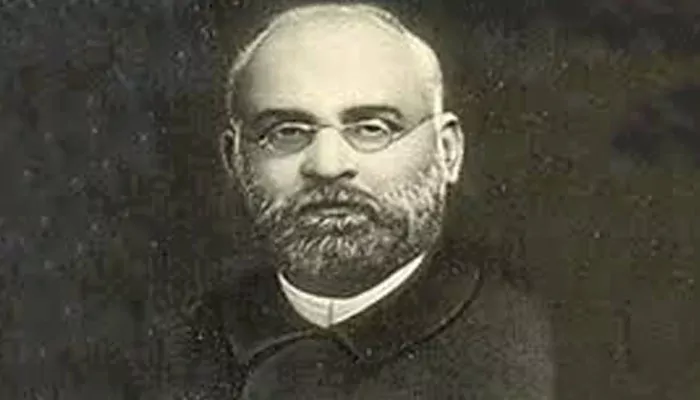
The capture of Fort William set the stage for the Battle of Plassey Before the British regime in India, the Mughals had ruled over the subcontinent for nearly 331 years. However, by the mid-18th century, the Mughal rule was on the verge of collapse as several independent kingdoms rose to ...
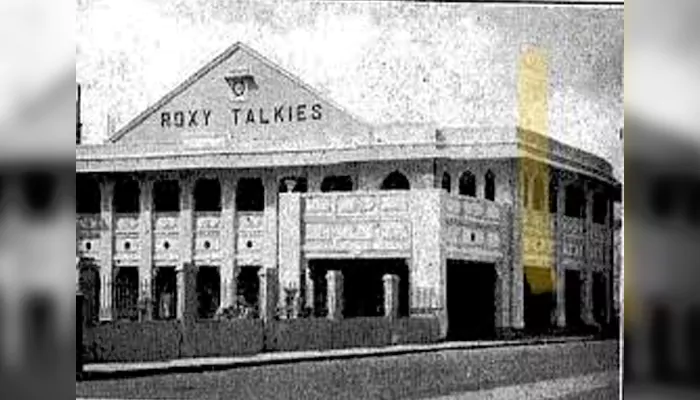
The capture of Fort William set the stage for the Battle of Plassey Before the British regime in India, the Mughals had ruled over the subcontinent for nearly 331 years. However, by the mid-18th century, the Mughal rule was on the verge of collapse as several independent kingdoms rose to ...

The capture of Fort William set the stage for the Battle of Plassey Before the British regime in India, the Mughals had ruled over the subcontinent for nearly 331 years. However, by the mid-18th century, the Mughal rule was on the verge of collapse as several independent kingdoms rose to ...
